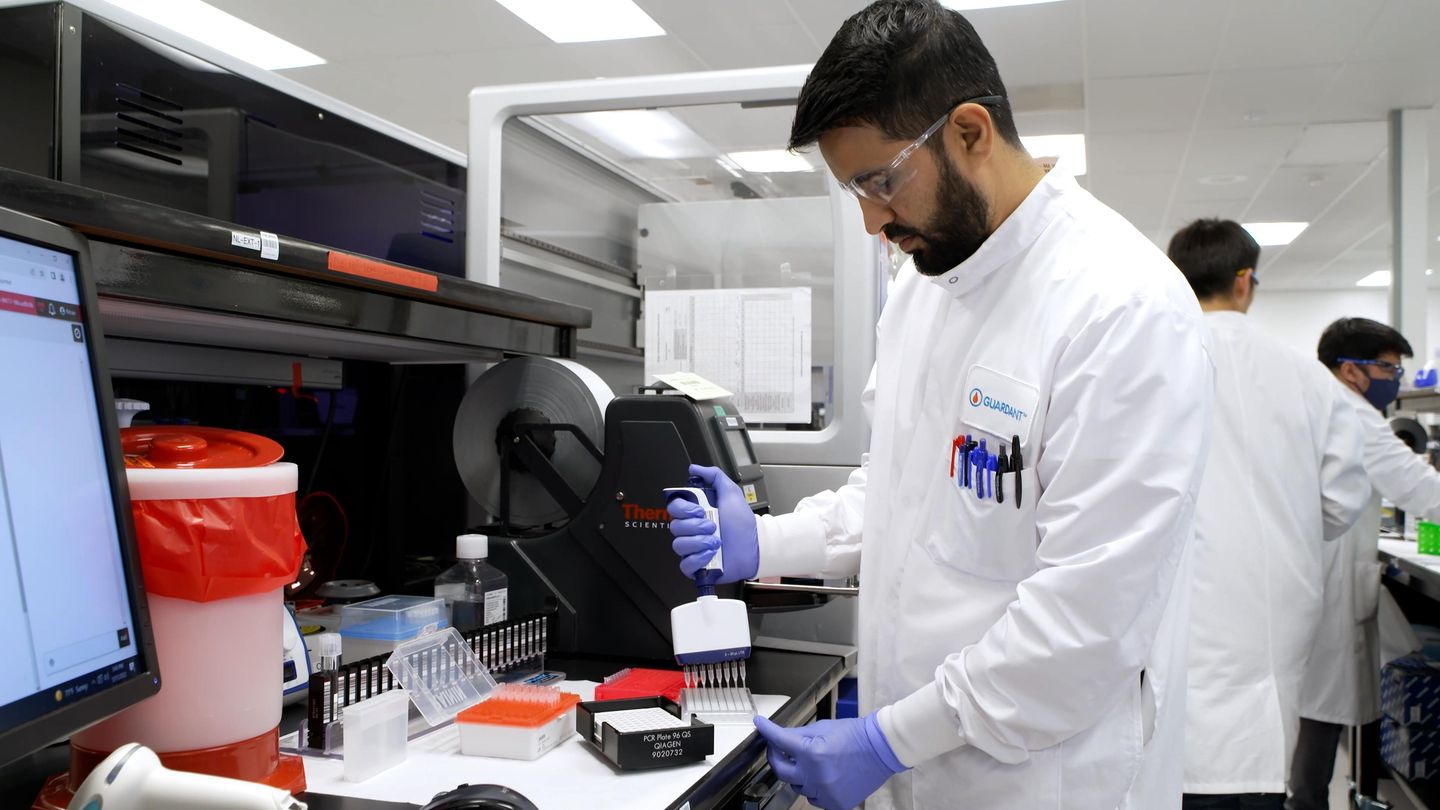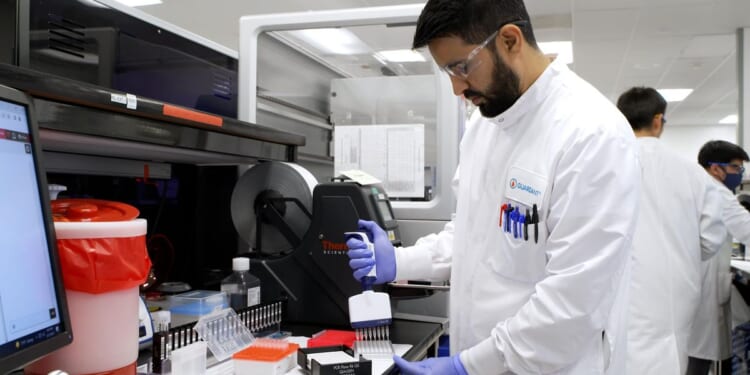
A series of cutting-edge blood tests have ignited excitement among cancer specialists, promising a new era in oncology by detecting malignancies that previously went unnoticed until they reached advanced and less treatable stages.
These “liquid biopsies” have the potential to be particularly impactful in identifying covert cancers such as those of the pancreas or ovaries, which seldom reveal symptoms early on.
Eric Klein, a lead scientist from the healthcare enterprise Grail and one of the minds behind the new multi-cancer detection test named Galleri, expressed optimism about the breakthrough. “It opens up a whole new world,” he said.
About 20 of the blood tests are now under development. They operate by picking up specific cancer “signals” — biological markers like fragments of tumor DNA that cancers release. Some of them are devised to track down the exact origin of cancer in the body.
These advances are a culmination of years of progress in various scientific domains. Discoveries in tumor biology, breakthroughs in machine learning, and the newfound ability to detect circulating DNA and other biological substances in the bloodstream have paved the way for the development of these tests.
With every test being unique in its internal workings and objectives, some are designed to identify a single type of cancer. The Shield test from Guardant Health, for instance, is tailored to look for signs of colorectal cancer.
There are also tests like Grail’s Galleri and Exact Sciences’ Cancerguard (whose precursor was the CancerSeek — developed by the Johns Hopkins Sidney Kimmel Cancer Center) that screen for multiple cancer types simultaneously. And the FirstLook lung cancer test by Delfi differentiates itself by hunting for distinct patterns of DNA fragments correlated with lung cancer.
“There are certain cancers where we know for sure that finding them early will save a lot of lives, and lung cancer is the biggest cancer problem we have today,” said Peter Bach, Delfi’s chief medical officer, according to MSN.
• Staff can be reached at 202-636-3000.












